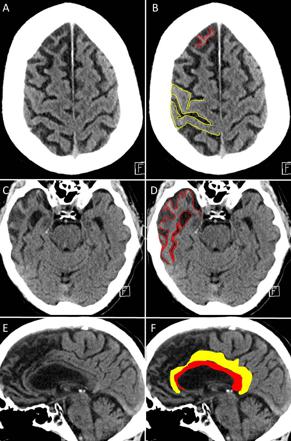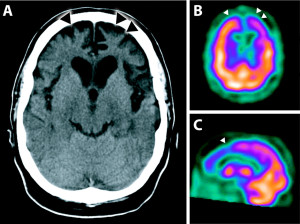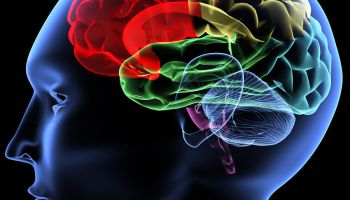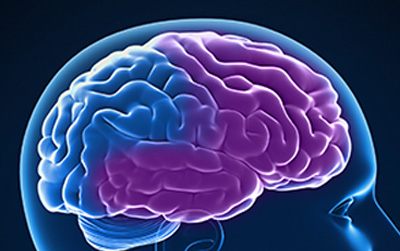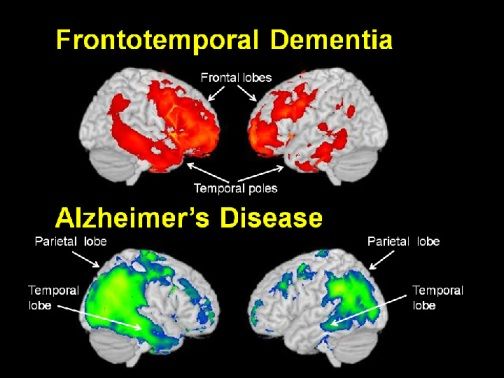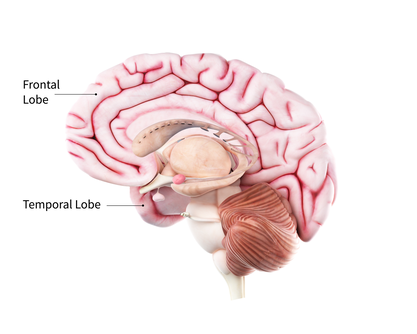316, Sakar 7 Near Nehrubridge Ashram road Ahmedabad


316, Sakar 7 Near Nehrubridge Ashram road Ahmedabad
The nerve cell damage caused by frontotemporal dementia leads to loss of function in these brain regions, which variably cause deterioration in behavior, personality and/or difficulty with producing or comprehending language.
Darker greens, such as spinach, kale and romaine, have more brain-boosting antioxidants and vitamin K. Try to eat one cup daily.
Broccoli, cauliflower and brussels sprouts are high in vitamin K and glucosinolates, which have an antioxidant effect. Include at least three 1/2 cup servings in your diet a week.
All berries have a positive effect on brain health, but blueberries have been studied the most. They contain flavonoids, which activate brain pathways associated with less cellular aging. Try to consume 1/2 cup of any berries three times a week.
It’s unknown exactly what makes beans, lentils and chickpeas good for brain health, but it’s likely due to a combination of antioxidants, fibre, vitamins and minerals. Include 1/2 cup in your diet as a replacement for red meat at least twice a week.
Unsalted nuts are high in antioxidants and healthy fats. Walnuts are particularly high in omega-3 fatty acid, a brain-protective nutrient. Aim for 1/4 cup of nuts, or two tablespoons of nut butter, daily.
The iodine and iron in all types of fish are thought to help maintain cognitive function. Fattier fish, like salmon and trout, also contain brain-boosting omega-3 fatty acids. Choose them at least once a week.
Choose fibre-rich whole grains like oats, brown rice and whole-grain wheat to offset your intake of refined grains.
Substitute chicken for red or processed meat as often as you can (but only one serving a day).
Opt for 1% or skim milk and yogurt, or cheese with 22% milk fat or less.
Use this as your main oil for cooking and in salad dressing. ?It contains monounsaturated fats and vitamin E, as well as antioxidants.
This form of frontotemporal dementia affects a person’s behavior and personality.
- Progressive nonfluent aphasia, which affects a person’s ability to speak. - Semantic dementia, which affects a person’s ability to use and understand language.
